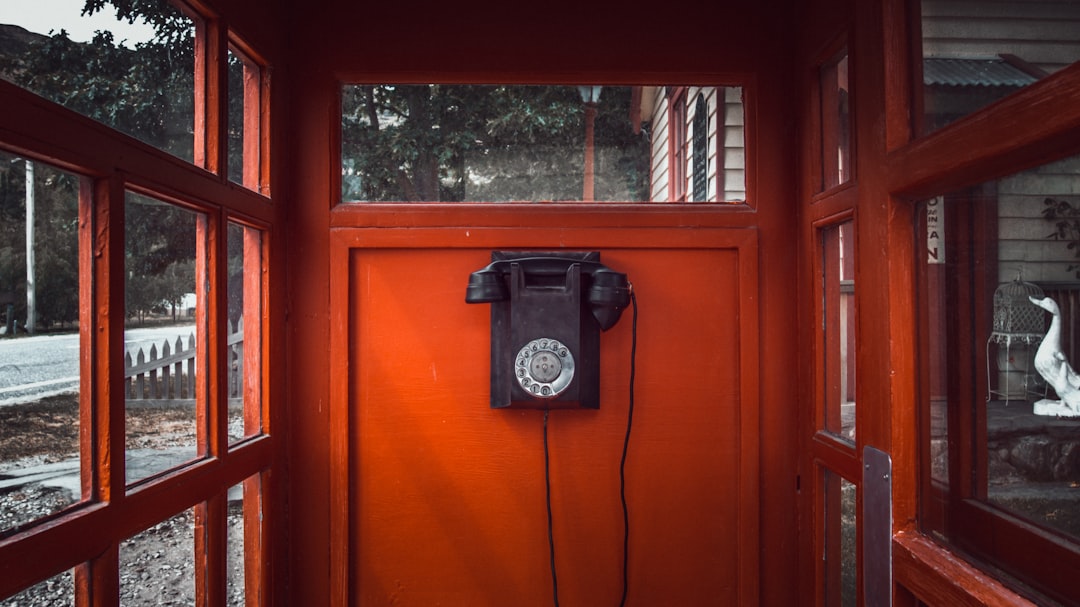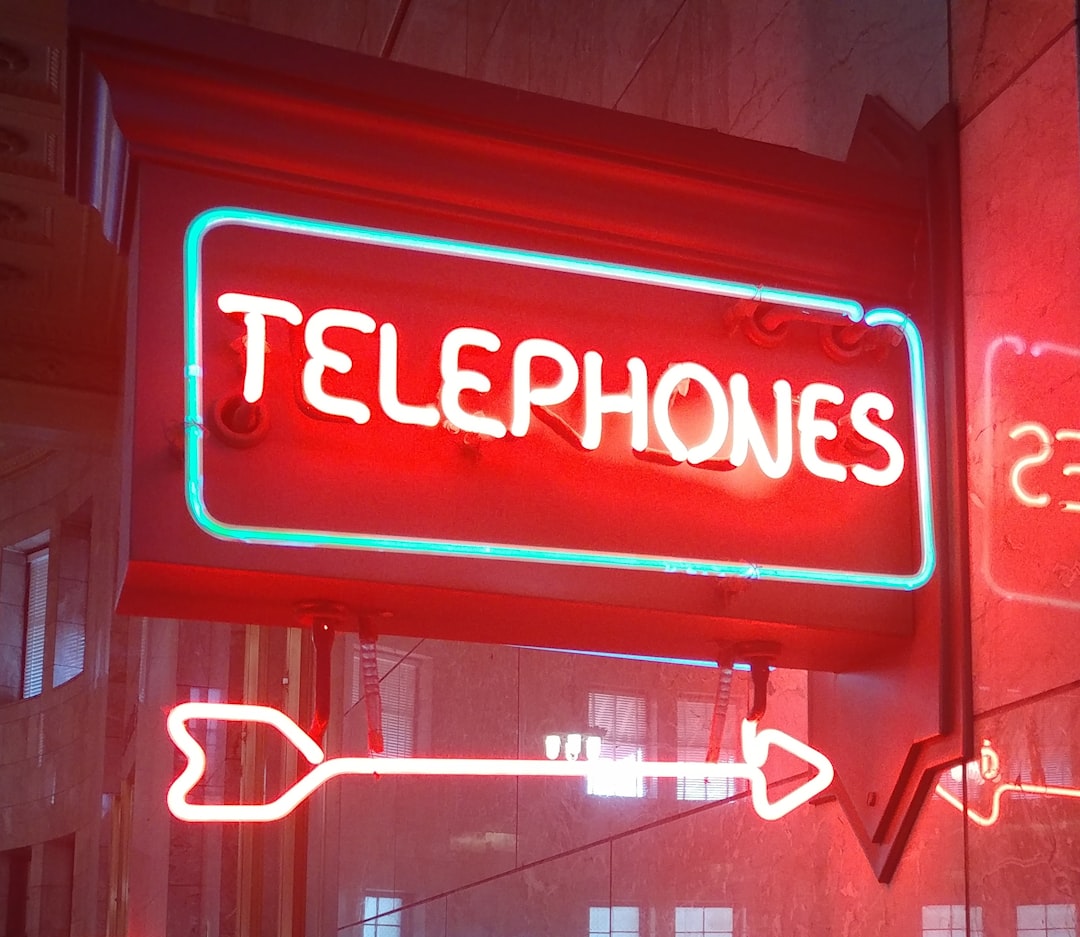The Federal Do Not Call Registry, managed by the FTC, allows Minnesotans to block unwanted telemarketing calls by registering their phone numbers. Enforced by Do Not Call Lawyers Minnesota, this national list protects residents from intrusive calls and safeguards privacy. The simple, free process gives control over communication preferences, reducing spam and creating a quieter home. For assistance or to report violations, residents can contact the Attorney General's office or qualified Do Not Call lawyers in Minnesota.
“Unwanted phone calls can be a nuisance, but there’s a powerful tool to combat them: the Federal Do Not Call Registry. This comprehensive guide dives into the intricacies of this registry specifically as it applies to Minnesota residents.
We’ll unravel how it functions, from its federal origins to its local implementation, and explore the benefits it offers. Additionally, we’ll shed light on enforcement mechanisms, empowering you with knowledge to protect your privacy and connect you with Do Not Call Lawyers Minnesota for any legal queries.”
Understanding the Federal Do Not Call Registry
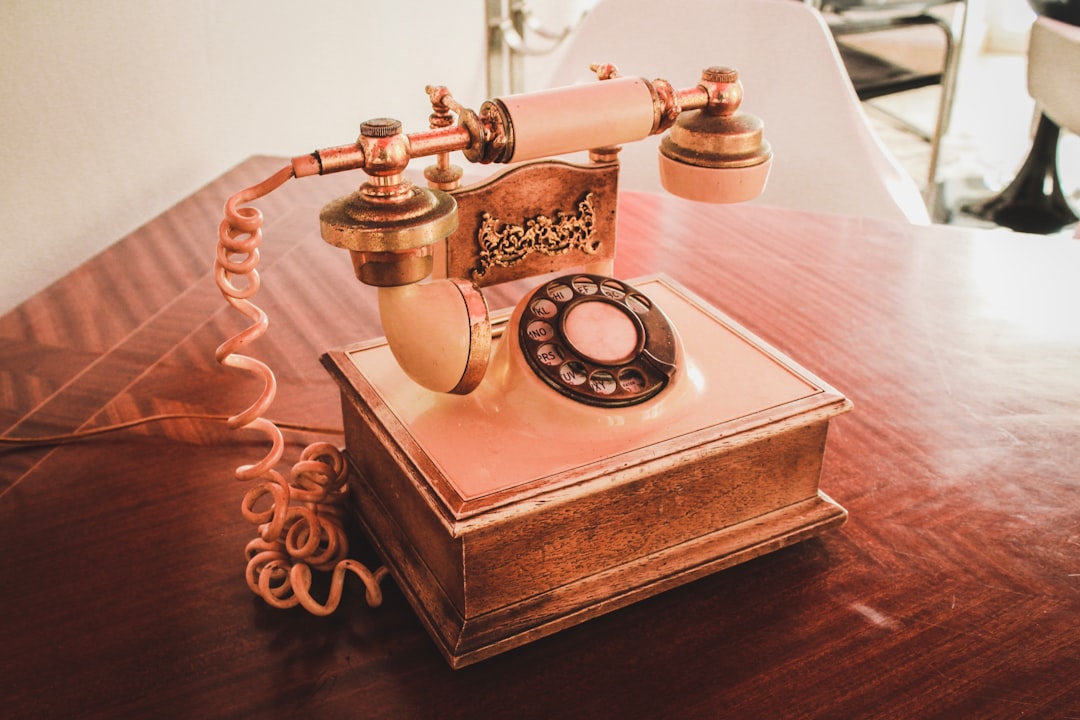
The Federal Do Not Call Registry, maintained by the Federal Trade Commission (FTC), is a powerful tool designed to protect consumers from unwanted telemarketing calls. By registering your phone number on this national list, you assert your right to be free from most marketing and sales calls. This registry is not just a theoretical concept; it’s backed by legal authority. If a company calls you after your number has been listed for at least 30 days, they could face penalties, including fines enforced by Do Not Call Lawyers Minnesota.
Understanding how this system works is crucial for residents of Minnesota. Once registered, your number becomes part of a database that telemarketers are required to check before making calls. Opting into the registry is simple and free, allowing you to take control of your communication preferences. This measure not only safeguards your privacy but also helps reduce the volume of annoying and intrusive calls, ensuring a quieter and more peaceful home environment.
How Does It Work in Minnesota?
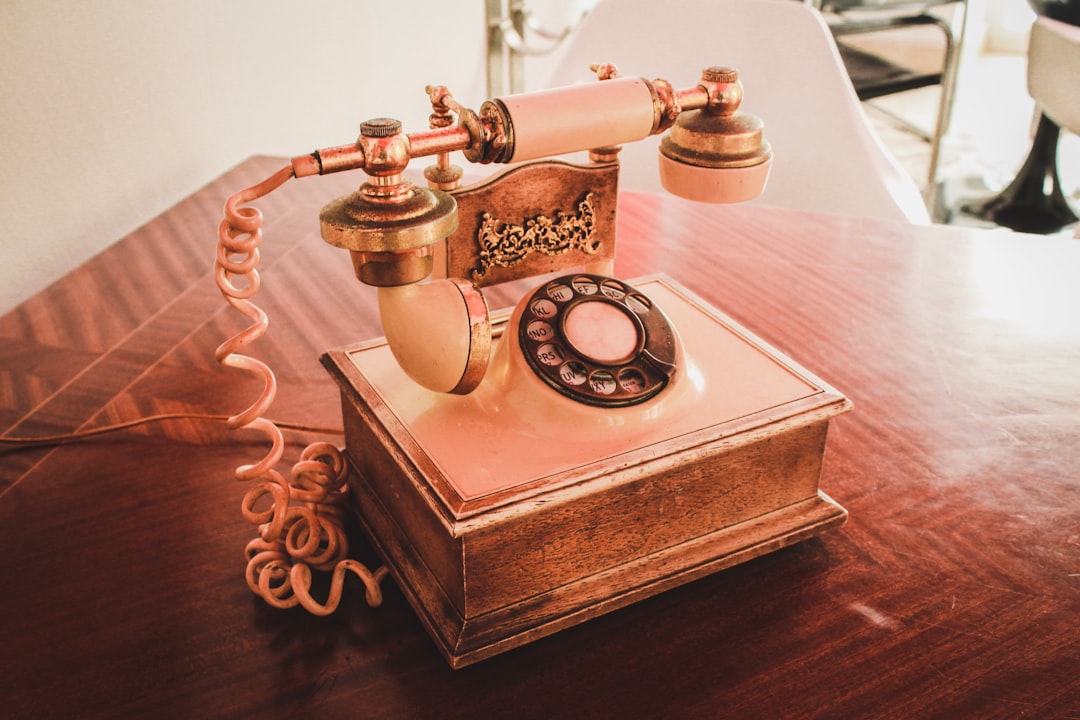
In Minnesota, the Federal Do Not Call Registry operates as a powerful tool for residents seeking to curb unwanted phone calls from telemarketers and sales companies. Once you register your number on the national list, it’s automatically added to Minnesota’s Do Not Call Registry, effectively blocking most pre-recorded or automated calls. This means that if a caller is using an automated system to dial numbers, your phone won’t ring unless they have prior consent from you.
The process is straightforward. Residents can register online through the national Do Not Call Registry website or by filing a form with the Federal Trade Commission (FTC). After registering, it’s crucial to keep your information up-to-date and be mindful that some calls are exempt, such as those from local services, non-profit organizations, or if you’ve given explicit consent. For assistance or complaints regarding Do Not Call violations, Minnesota residents can reach out to the Minnesota Attorney General’s office or consult with Do Not Call lawyers in Minnesota for guidance on protecting their privacy and blocking unwanted calls.
Benefits and Enforcement of the Registry for Residents
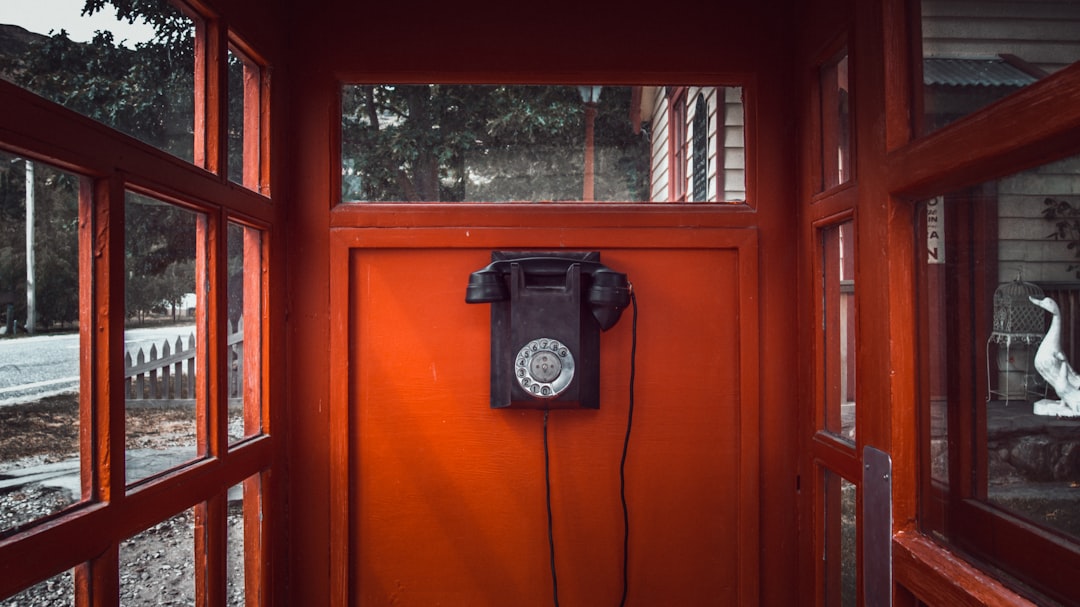
The Federal Do Not Call Registry offers several benefits for Minnesota residents. Firstly, it provides a way to opt-out of unsolicited telemarketing calls, giving individuals control over their phone communications. This is particularly valuable for those who receive numerous spam calls daily, as it allows them to silence these unwanted interruptions effectively. By registering, residents can expect a significant reduction in marketing calls, creating a quieter and more peaceful home environment.
Enforcement of the registry is handled by Do Not Call lawyers Minnesota, who ensure telemarketers comply with the established rules. These attorneys play a crucial role in protecting consumer rights by investigating complaints and taking legal action against violators. This enforcement mechanism encourages compliance, deterring companies from making unwanted calls and ensuring residents’ peace of mind.
